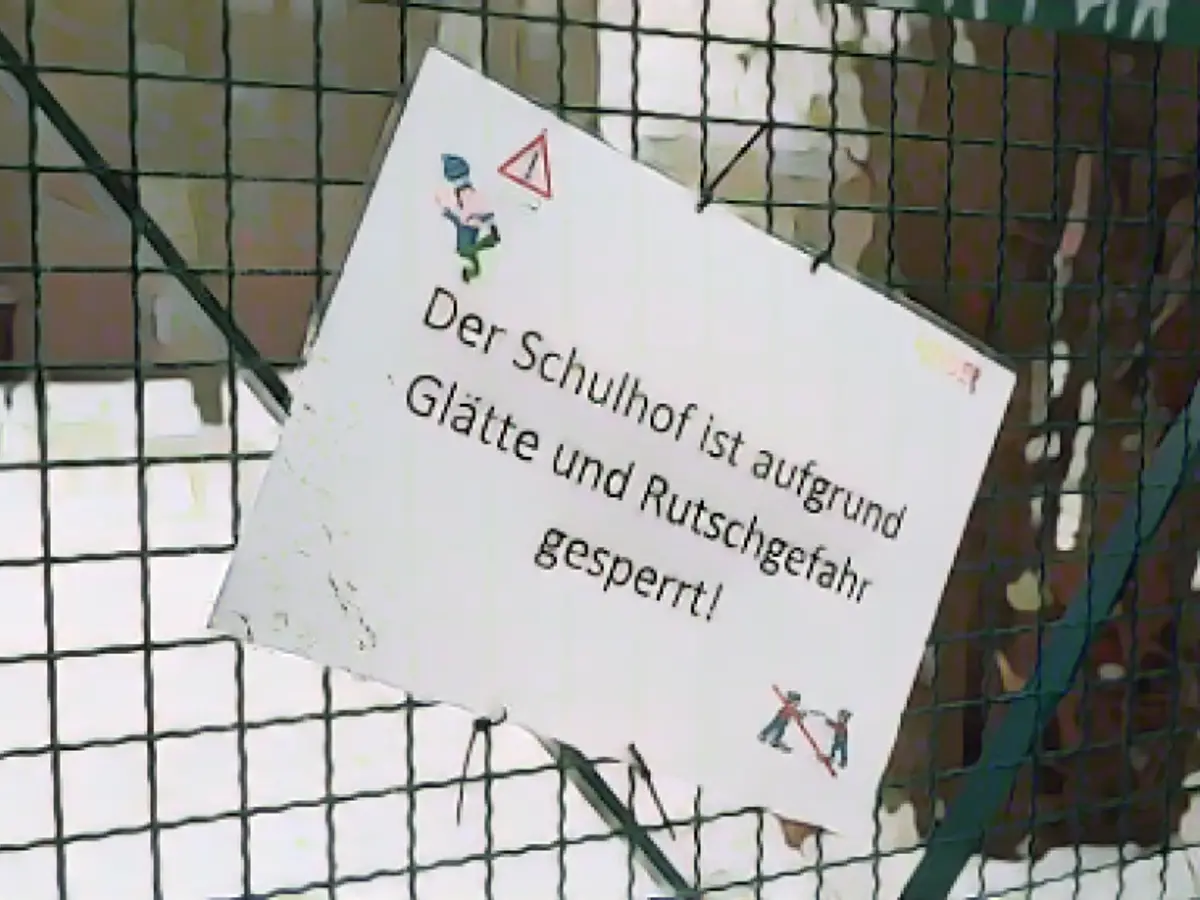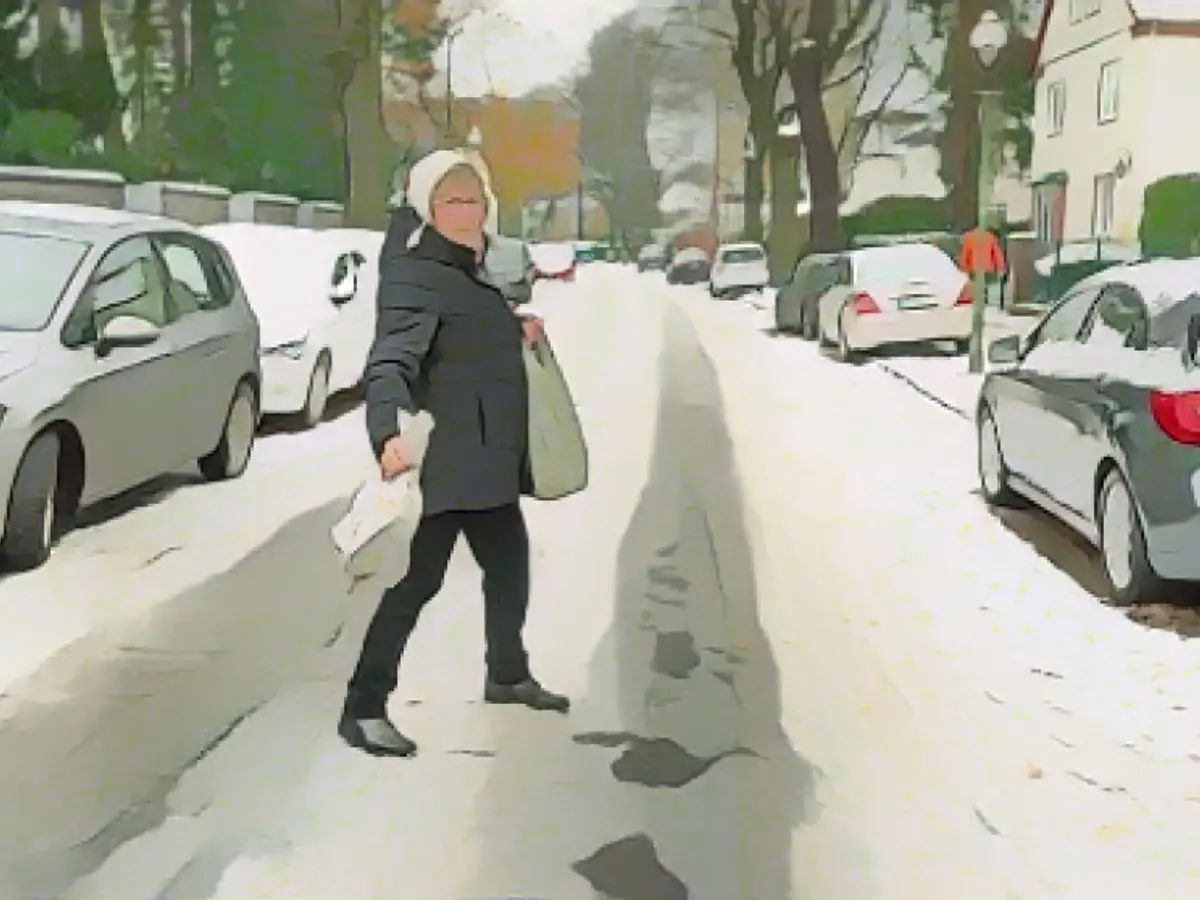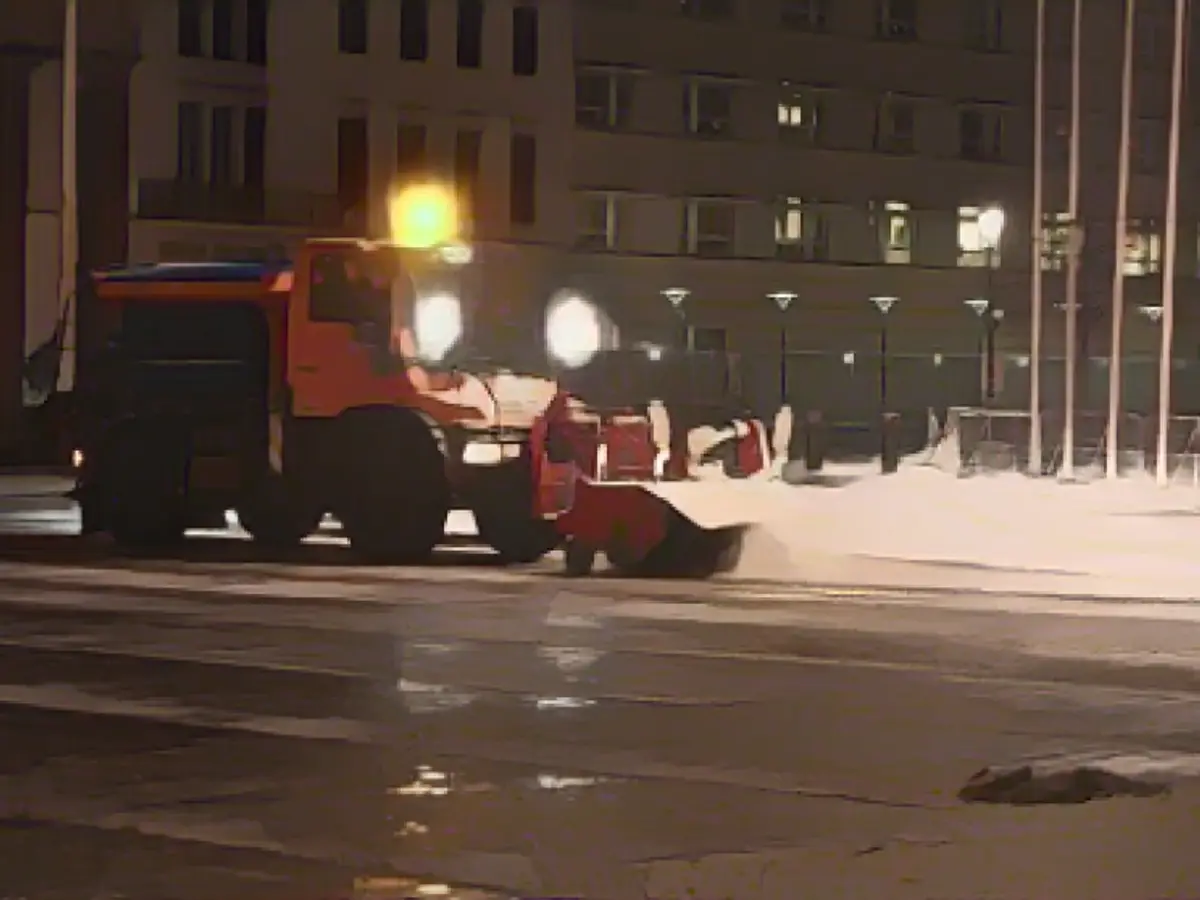Berlin's Slippery Slide: Elderly Suffer in Winter's Icy Grip
Winter has turned Berlin's sidewalks into ice rinks, causing a significant hike in visits to local hospitals, with falls as the main culprit. Hans-Christian Bustorf, the Unfallkrankenhaus Berlin (UKB) spokesperson, revealed an alarming surge in patients who came in due to winter-caused injuries.
Initially, the UKB reported about eight patients a day. Sadly, that number skyrocketed to thirty on Monday, with another ten cases added by Tuesday lunchtime. Injuries range from head trauma to fractured femoral necks and broken ankle joints.
The tiptoeing dance of navigating the city's treacherous pavements has also led to more patients in other hospitals, such as Charité and Vivantes, who reported fractured arms, legs, chests, and pelvises. Neukölln Hospital, in particular, has seen a staggering third more daily patients due to the extreme icy conditions.

The Berlin fire department is pushing through emergencies at an alarming rate, with state-of-emergency declarations becoming a common occurrence. Frequent rescues are required, even up to twice a day in certain situations.
Older Berliners, like Rita Krüger (79) from Mitte, have had their independence tested by the slippery pathways leading up to their homes. "It's as slippery as glass outside," she notes, almost falling multiple times. Her housing association was previously informed about the problem but has yet to take action.

BSR and private gritting services have become indispensable, with Franziska Hoffmann confirming that her company, "Im Norden," along with its more than 150 employees, have been diligently clearing over 9,500 properties across the city. Even the police have requested their help in addressing dangerously icy road junctions.
Residents are responsible for maintaining their sidewalks and can report any icy roads to the Public Order Office and Incident Management System (AMS). Failure to do so may result in fines of up to 10,000 euros. Compensation claims can also be made against the negligent property owners responsible for injuries suffered on poorly maintained sidewalks.
So far, Marzahn-Hellersdorf has received 33 complaints, while Charlottenburg-Wilmersdorf has acknowledged an increasing number of non-compliant cases.
Berliners are encouraged to be extra cautious and do their part in keeping walkways safe by taking precautions such as wearing proper footwear, using handrails, and maintaining a keen eye out for icy patches. Private gritting services are lending a helping hand while the Public Order Office handles complaints and enforcement.
Although Berlin's priority lies in enhancing road and cycling safety, similar strategies adopted by other regions — like winter maintenance, public awareness, infrastructure improvements, community programs, emergency preparedness, and rehabilitation services — could be adapted to address fall-related injuries among elderly residents due to icy streets. By incorporating some of these measures into their approach, Berlin could effectively cut down on the number of winter-related injuries among older residents.








